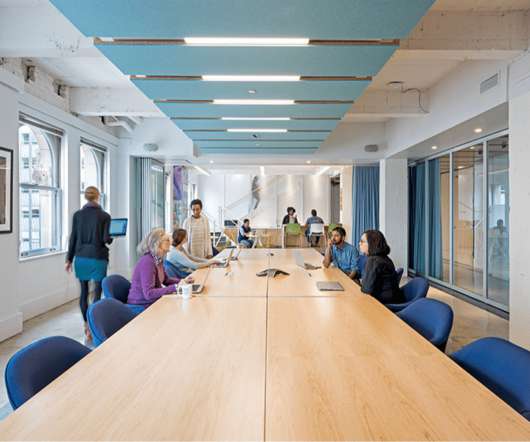Phases of Commercial Real Estate Development
Construction Marketing
JANUARY 25, 2023
Developers must understand the various financing options, such as traditional bank loans, private equity, and government programs. This includes creating a detailed project schedule, budget, and phasing plan. You must secure financing for the project. Construction is a critical component of the development process.


















Let's personalize your content